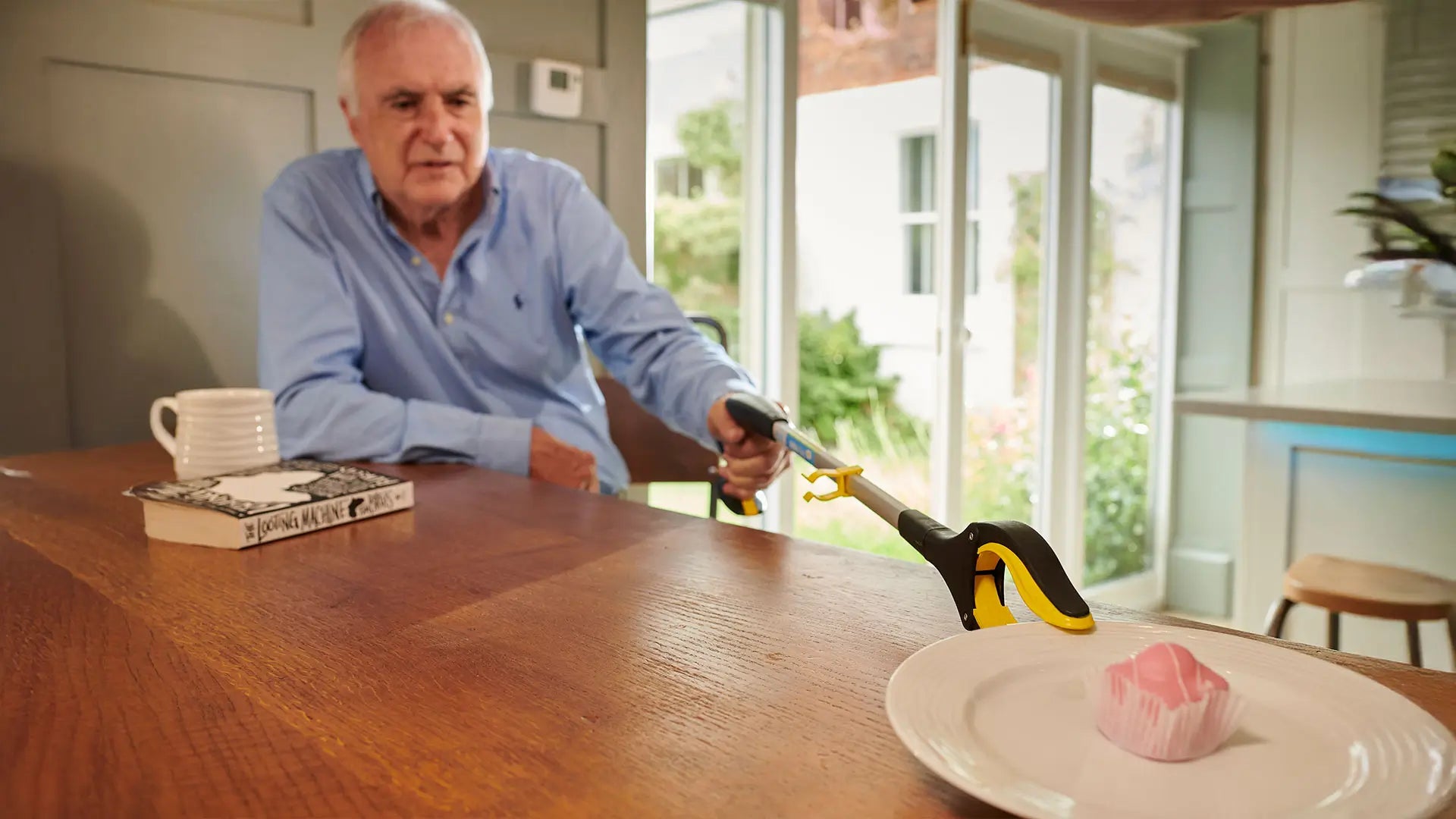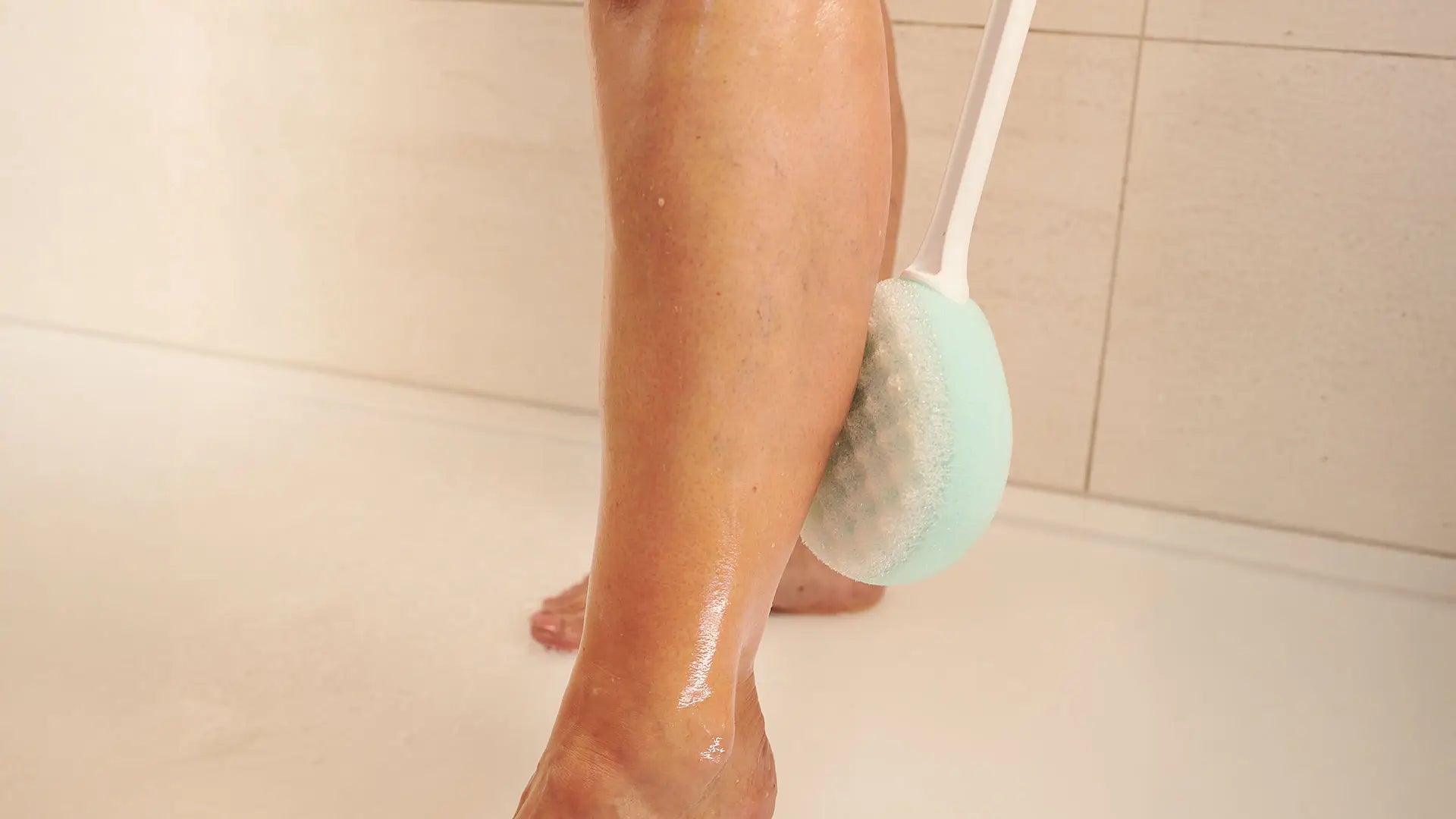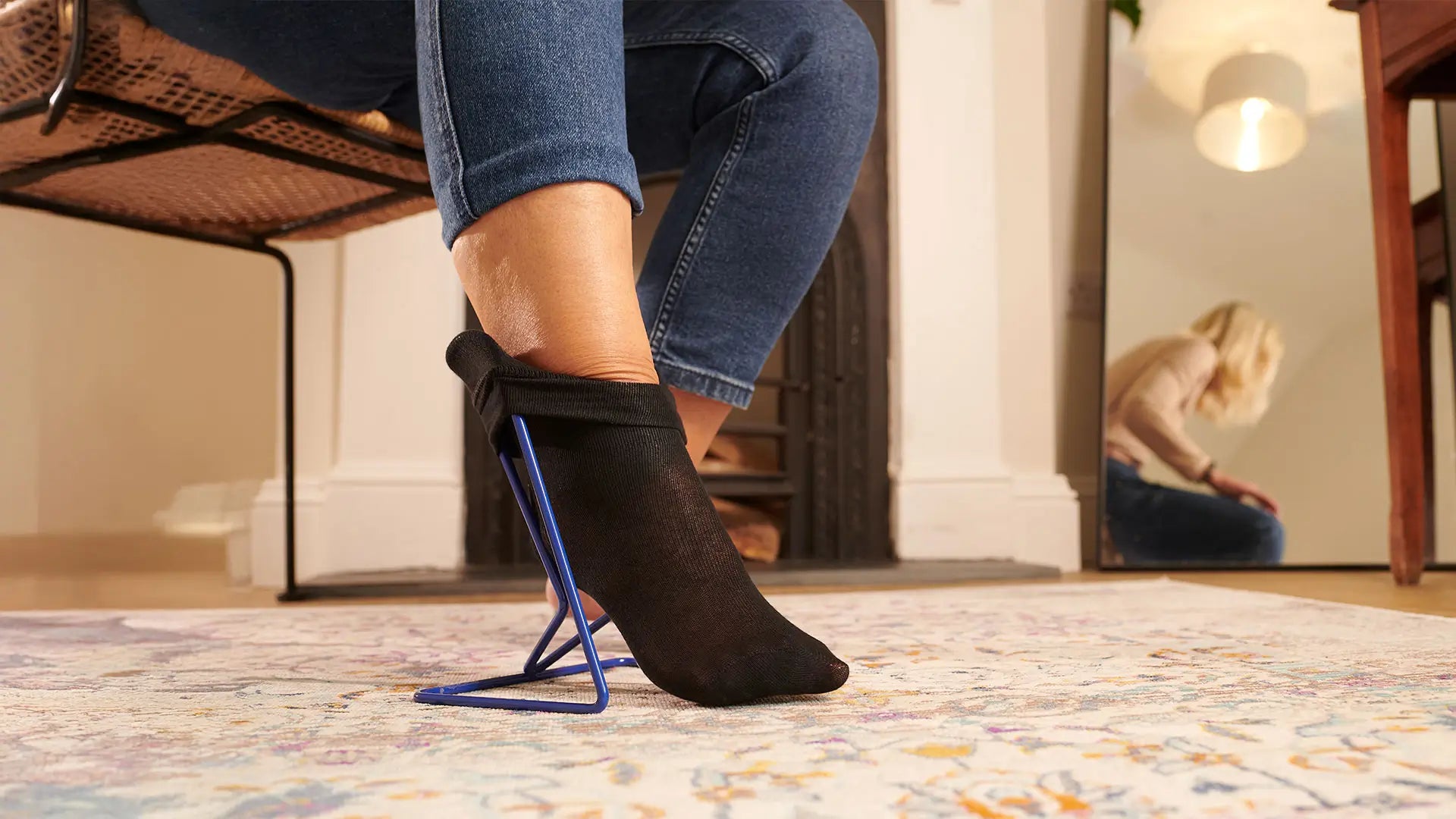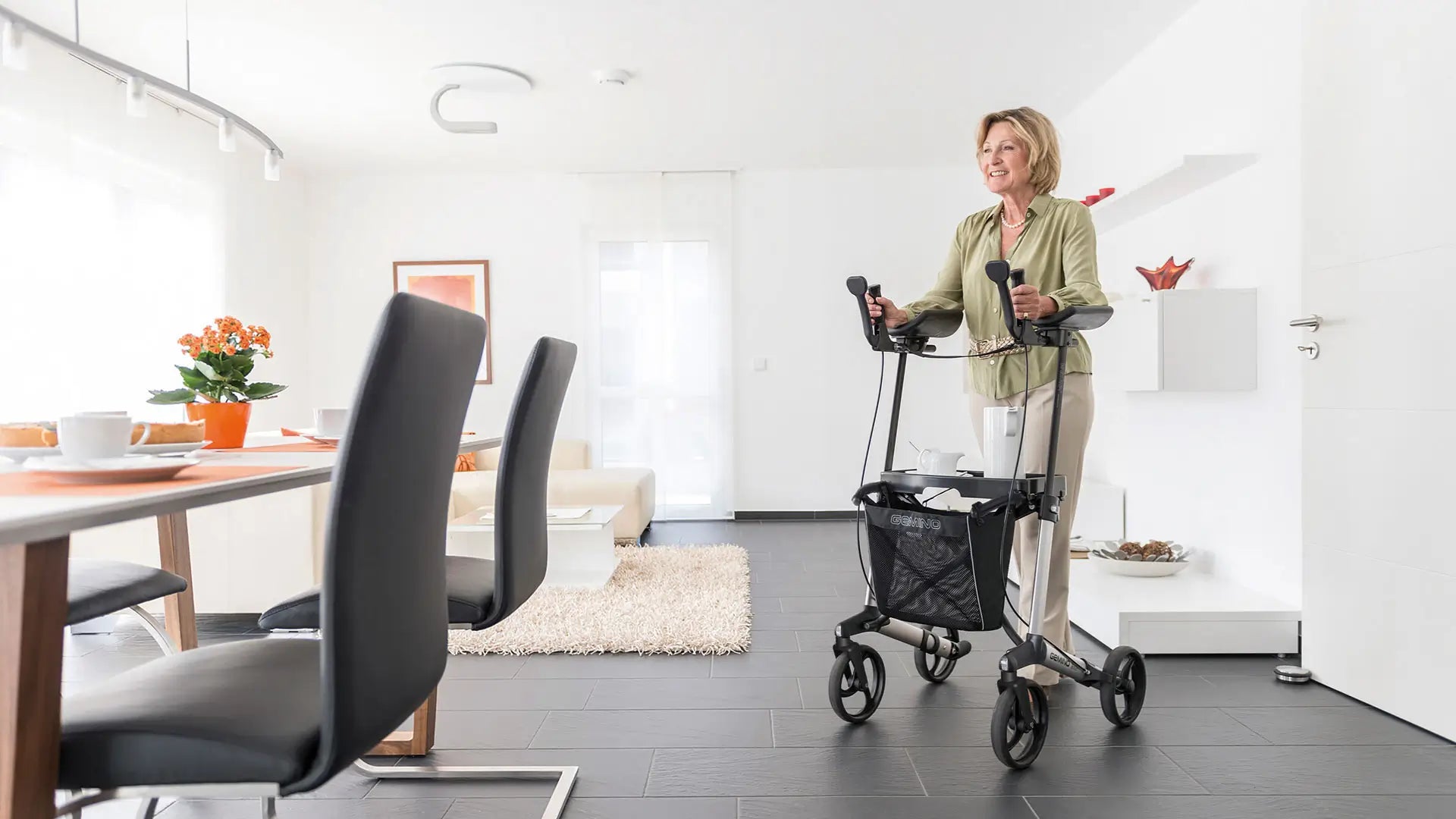Many people look after someone else but do not realise that they are carers.
If you look after a partner, relative or friend regularly to help them with daily living because they are ill due to physical or mental health, or cannot manage without your support, you could be a carer, even if you don’t think of yourself as one.
Becoming a carer can happen gradually or very suddenly. It can last for years or days. Each caring role is different. For example, you might:
- Drop round each day to keep someone company or cook their meals
- Visit a friend or relative once a month who lives far away, to see how they are doing
- Move in with someone to help them recover after a fall or major surgery
- Provide physical and/or emotional support
- Be on hand 24 hours a day to provide care
There are many ways that you might care for someone.
In the UK today, around 6.5 million people are recognised as carers, the equivalent of one in ten adults. Did you know as many as one in five children and young people are young carers too?
New to caring – quick 5 point checklist
It’s normal to feel overwhelmed and confused. Taking one day at a time, here are five quick tips to get started:
- Learn about the diagnosis of the person you are looking after. It will help you and them understand the illness and how to plan ahead.
- Talk together to understand their wishes. Early conversations about finances and healthcare are better than making decisions in an emergency.
- Bring together the whole family involved, including the person you are caring for, to understand what is needed. It is important to share the role and ask each other for help.
- Research what local services and support are available. We discuss this in a little more detail later.
- Ask for help and support. Local and online support groups are very useful, with like-minded people so you do not need to feel alone.
Getting support
Caring for an older adult can be exhausting, overwhelming, frustrating, lonely and often thankless. It’s no wonder so many caregivers struggle with stress-related health conditions.
As a carer, it is important to remember your health and how to manage or reduce stress to cope with the worries and frustrations that come with caregiving.
Getting support for you as well as for those you care for is just as important. You should start by asking your local council/adult social services for a needs assessment for the person you are caring for, and a carer’s assessment for you.
Did you know that there is help and support available to everyone, free of charge? It is not means-tested and it does not matter what your income is.
This free care includes:
- equipment and home adaptations
- benefits
- help after coming home from hospital
- NHS continuing healthcare
- nursing in a care home (NHS-funded nursing care)
Short-term care
After a stay in hospital, or to prevent admission to hospital, you may be eligible for care and support at home for up to six weeks. This is known as intermediate care or reablement. The aim is to get you back on your feet as soon as possible.
Your care package may include equipment or home adaptations to help you get around the house. It might also include home help from a paid carer for tasks like cleaning, washing, dressing, or using the toilet.
Making caring visible
Caring can be extremely complicated as well as emotionally and physically exhausting.
In addition to finding out which services, advice and support are available, building a better understanding amongst friends and family to avoid feeling isolated has real benefits.
Gentle words of encouragement from someone who understands your situation can be a lifeline. Raising awareness, building a support network to share responsibilities and experiences can also forge new friendships.
Whilst it might be human nature to focus on what went wrong, what needs to improve, or future challenges — don’t forget about all the amazing things you accomplish every day.







Share:
23 ways to use your reacher/grabber around the home
How can a reacher/grabber help you out & about?